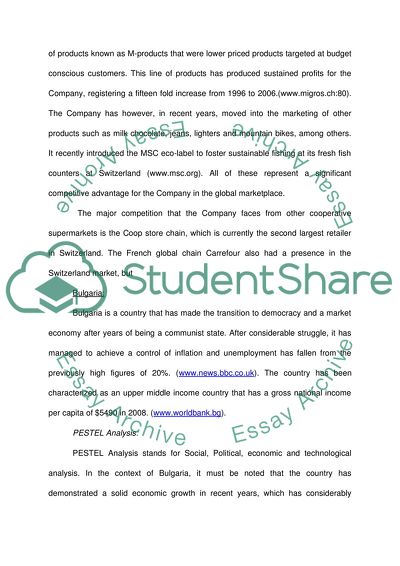Cite this document
(“The Migros Chain Investment Plan for International Expansion Term Paper”, n.d.)
The Migros Chain Investment Plan for International Expansion Term Paper. Retrieved from https://studentshare.org/marketing/1724833-investment-plan
The Migros Chain Investment Plan for International Expansion Term Paper. Retrieved from https://studentshare.org/marketing/1724833-investment-plan
(The Migros Chain Investment Plan for International Expansion Term Paper)
The Migros Chain Investment Plan for International Expansion Term Paper. https://studentshare.org/marketing/1724833-investment-plan.
The Migros Chain Investment Plan for International Expansion Term Paper. https://studentshare.org/marketing/1724833-investment-plan.
“The Migros Chain Investment Plan for International Expansion Term Paper”, n.d. https://studentshare.org/marketing/1724833-investment-plan.


